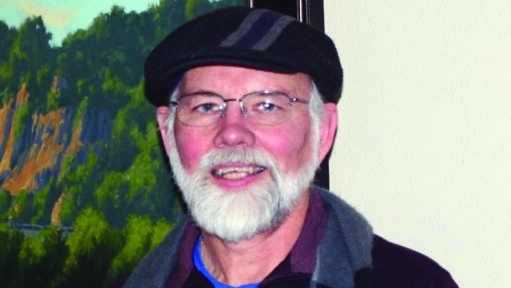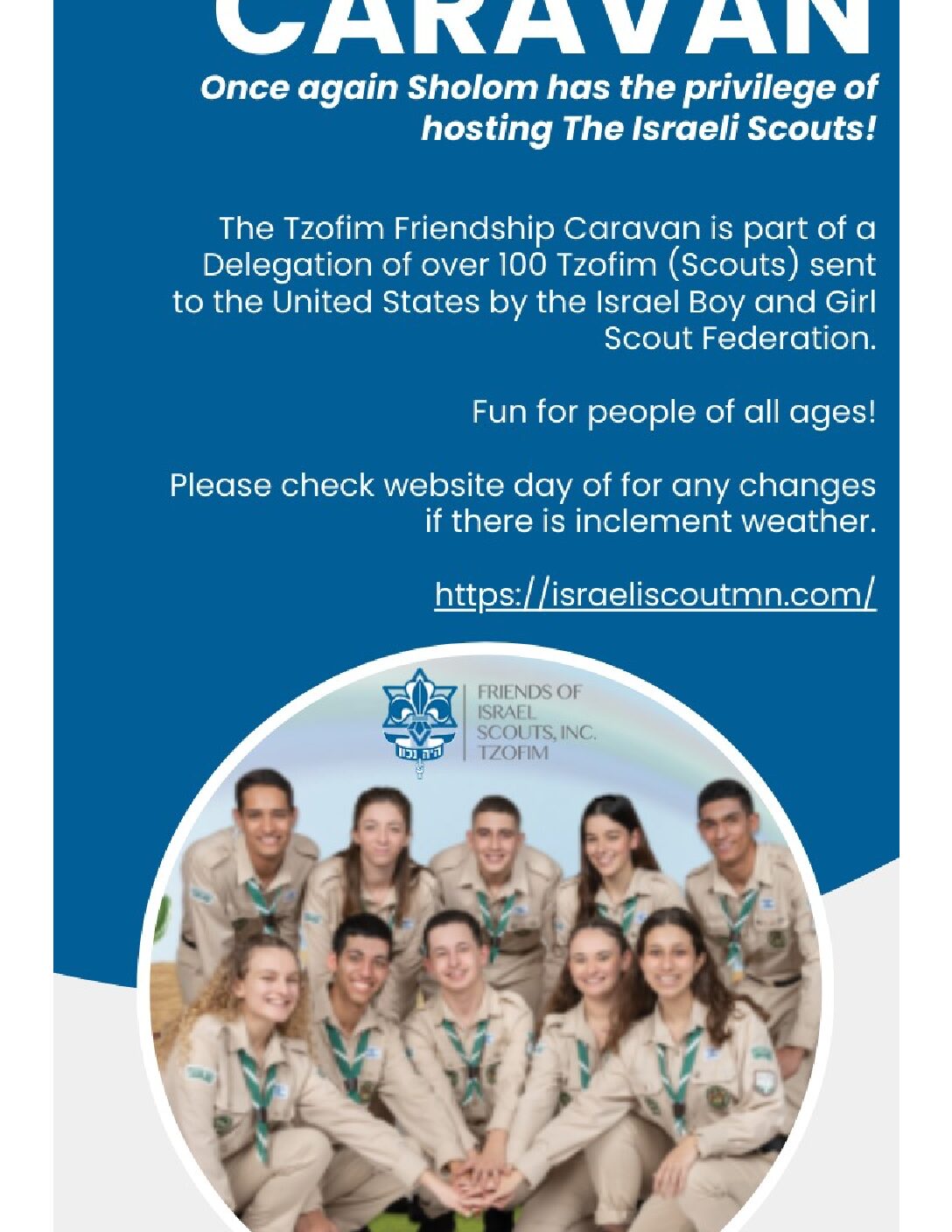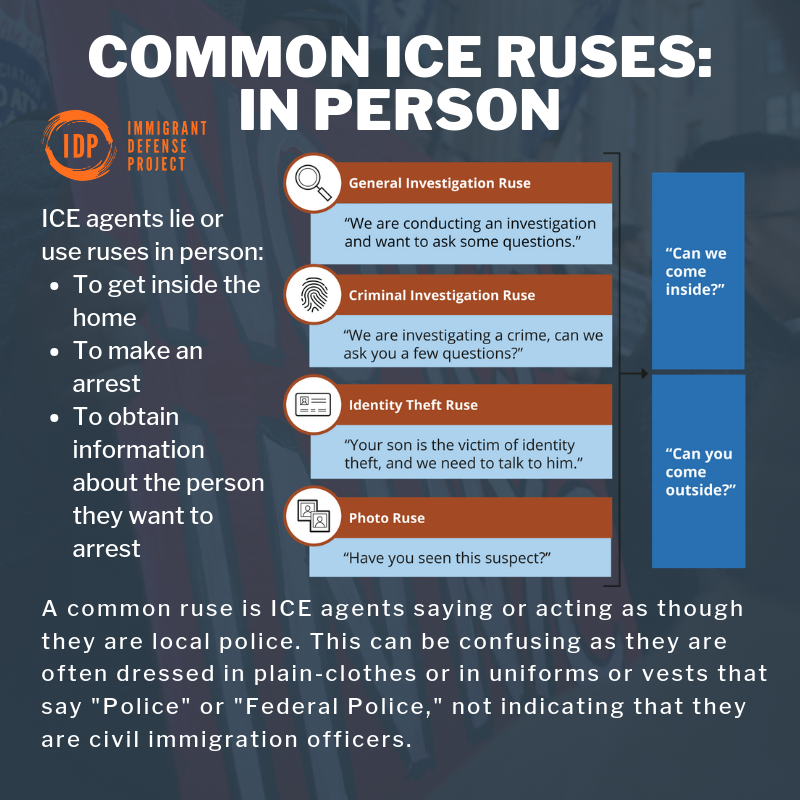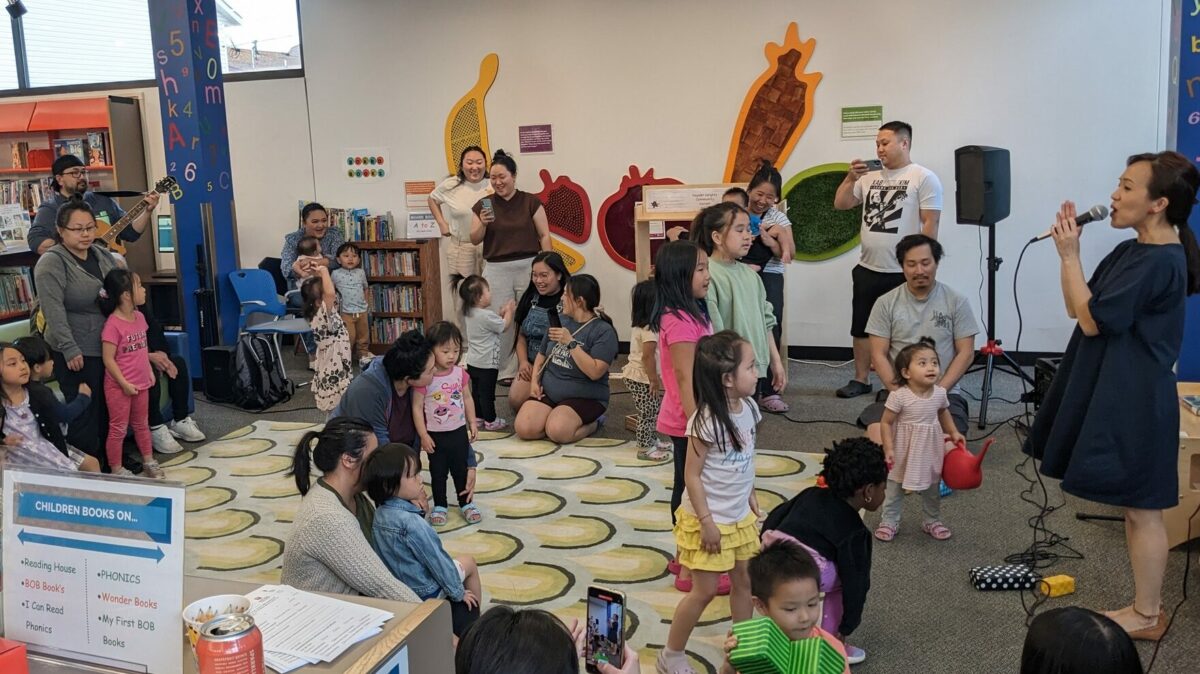The U.S. Origin Myth and Critical Race Theory
Building an Antiracist Community
The U.S. Origin Myth and Critical Race Theory
According to the transcribed message on my phone, I had just missed a call from a mythology consultant who wanted me to return the call. Had I still been active as a pastor with the responsibility of delivering a sermon every Sunday, the idea of speaking with a mythology consultant would have strong appeal. I would have immediately called back with some questions. “What is that Jonah and the whale story all about?” Sadly, there was no mythology consultant. The transcription on my phone had misheard the speaker who was actually a dermatology consultant returning my call to address an unpleasant rash I had developed.
One of the liberating things I discovered as a student in the seminary was that scripture is laden with myth. I grew up in a faith context that would be outraged by speaking about stories like Adam and Eve in the Garden of Eden as myth. Myth, we thought, was merely a made-up story and therefore absent of any truth essential for faith. What I learned as a seminarian, and which is something one might also learn in a good philosophy class, is that myth is all about discovering truth found in the meaning of a story rather than the facts of a story. Myth commonly focuses on origin and identity, who we are as a people. This understanding of myth was underscored by the philosopher Joseph Campbell in his highly influential work The Power of Myth. A good mythology consultant would take the story of Adam and Eve and look for the truth in what it means to be human. Myth can be challenging because it refuses to offer easy answers and demands our engagement. There were plenty of times as I struggled preparing a Sunday sermon that I would have loved to have dialed up a mythology consultant.
A mythology consultant would be particularly helpful when it comes to addressing the current controversy over what gets tossed under the broad umbrella of critical race theory. In the first place, a mythology consultant would make it clear that the fundamental issue has to do with the myth we tell about how this country was founded. What we include and what we exclude or who we include and who we exclude will have a huge influence on the meaning we draw from the story we tell about our nation’s origin and who we are as a people.
Critical race theory is a 40-plus-year-old academic study unpacking the ways in which racism is more than individual prejudice but has been embedded in our nation’s policies and practices from the beginning, including the clause in the constitution that defines blacks as 3/5 human. One would be hard pressed to find a public school system that teaches critical race theory. What one can find are schools that are telling an origin story which now includes people and history previously excluded, like the genocide of Indigenous people or ownership of enslaved people by our nation’s founders.
An origin story that includes women, Blacks and Indigenous people is a direct challenge to an origin story whose primary actors are white males living out a “Manifest Destiny” to conquer an unspoiled West and whose exceptionalism brings light to the world. The myth we tell ourselves and our children about our origins as a nation is about our identity today, who we are and who we seek to be. For my part, I prefer a story that enables us to grapple honestly with the challenges we face so that the nation’s founding myth of freedom and liberation is one in which we might all share, including Latinos who have their own unique claim on our nation’s history and many other immigrant populations often excluded. It would be nice if there were mythology consultants we could dial up. My guess is they would be in high demand.
Tim Johnson is a retired pastor of the United Church of Christ.




